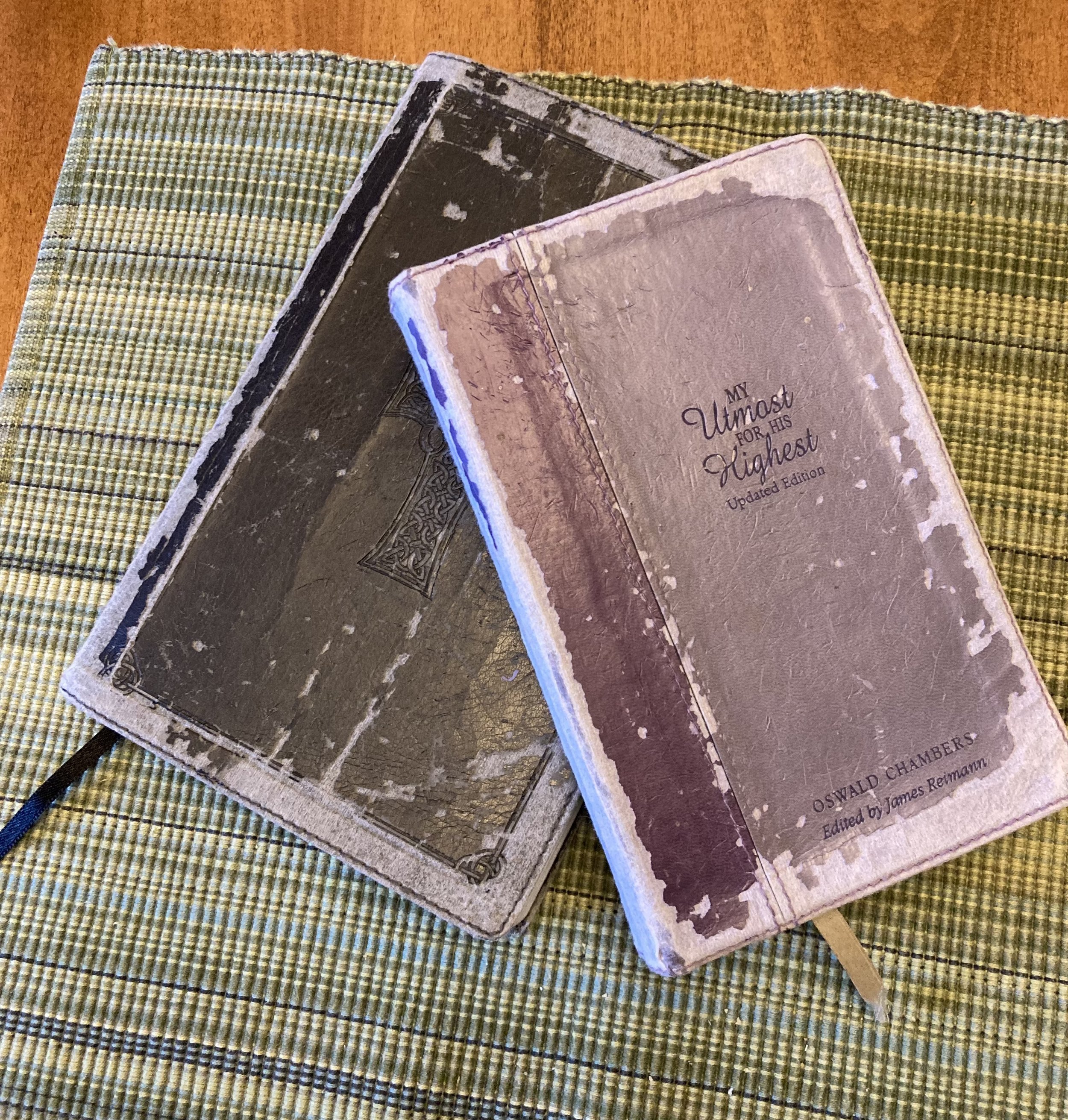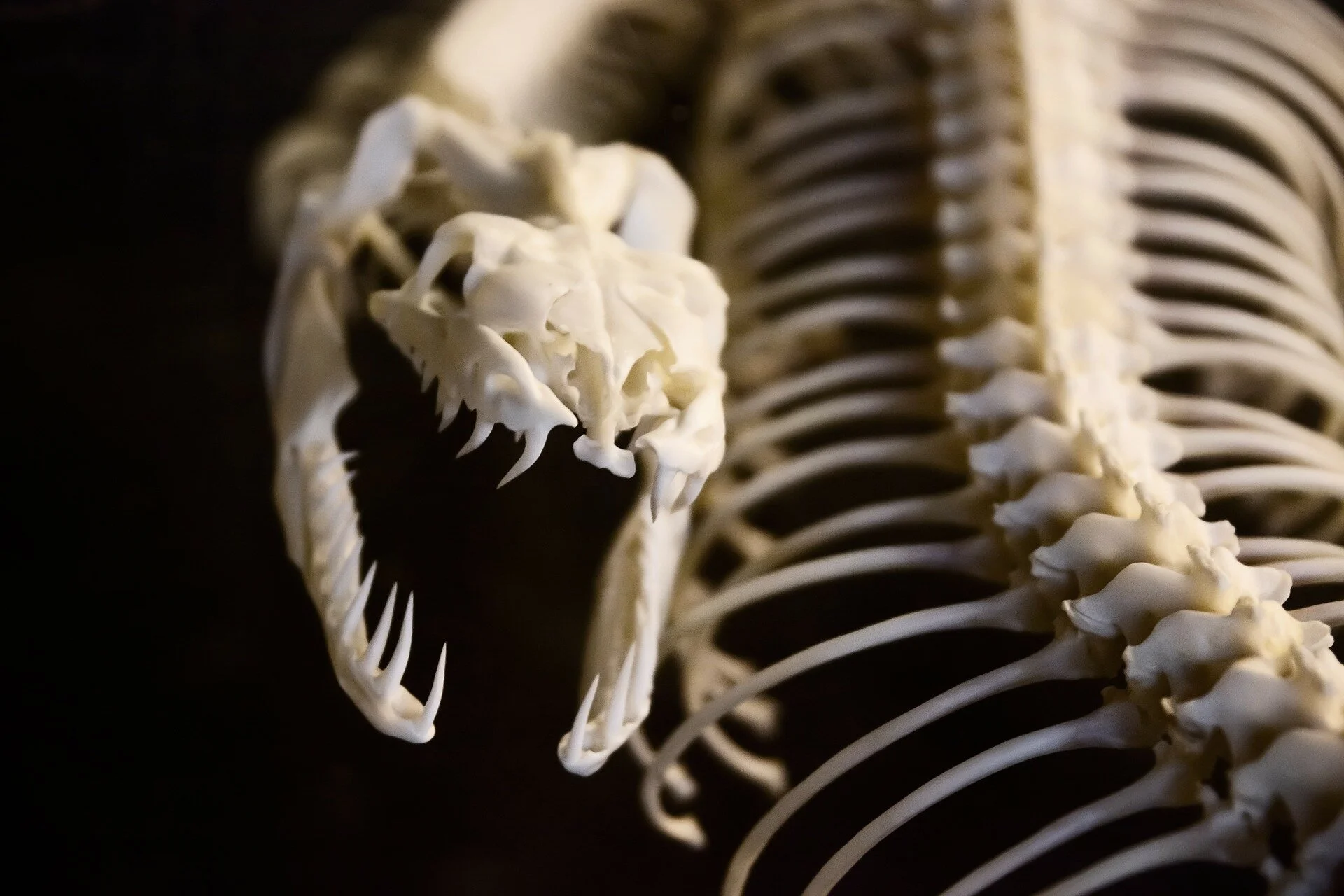What am I Rejoicing In?
As I continued to look at the word rejoice, I came across another story in the Old Testament that I thought might be worth sharing. From the beginning of time God wanted to be the center of men’s worship. As we look at the Biblical account of how the world came into being and how God made everything in it, we see that He created man with a purpose much different than any of the other things He created. God made man to have a relationship with Him.
Pixabay
“26 Then God said, “Let Us make man in Our image, according to Our likeness; and let them rule over the fish of the sea and over the birds of the sky and over the cattle and over all the earth, and over every creeping thing that creeps on the earth.”
27 God created man in His own image, in the image of God He created him; male and female He created them.
28 God blessed them; and God said to them, “Be fruitful and multiply, and fill the earth, and subdue it; and rule over the fish of the sea and over the birds of the sky and over every living thing that moves on the earth.” ”
We see that God gave man a job, to rule over the earth, and that means take care of it, not abuse and misuse it.
“ 8 They heard the sound of the Lord God walking in the garden in the cool of the day, and the man and his wife hid themselves from the presence of the Lord God among the trees of the garden.
9 Then the Lord God called to the man, and said to him, “Where are you?”
10 He said, “I heard the sound of You in the garden, and I was afraid because I was naked; so I hid myself.””
Pixabay
From the above text we can reason that God regularly walked in the garden, and he also walked and talked with Adam and Eve. They heard the sound of the Lord, so they were familiar with His footfall, his voice or maybe he was singing as he walked along. They hid from Him, because they were ashamed. They knew they had displeased the One who walked and talked with them in the garden.
It is not that God needs us. He is God and is outside our understanding of what need is. God is, and God moves. One day He decided to create and from that creation came our world, and us. However, His creating wasn’t a random act. He had thought it through and had a plan. Part of that plan was that He would have preeminence in our lives. He created us with His image imprinted on us. He and we are connected.
After the days of Moses leading the people out of Israel and wandering around the wilderness, the people became set on having someone who could rule them. They no longer wanted God to be their ruler. After going through a period of various judges, God gave them what they wanted. They wanted a man who could be king, and so we have Saul, the first in a long line of kings for Israel.
Pixabay
“15 So all the people went to Gilgal, and there they made Saul king before the Lord in Gilgal. There they also offered sacrifices of peace offerings before the Lord; and there Saul and all the men of Israel rejoiced greatly.”
When I read this verse I was suddenly struck by the question, “I wonder what Saul and the men of Israel were rejoicing in?” In Deuteronomy the act of rejoicing always had to do with the Lord. It was associated with feasts and celebrations of remembrance of God’s provision and salvation. When we read Hannah’s story in I Samuel we also see that she rejoiced in the Lord and in His provision for her and for the nation of Israel. It does say that the people made Saul king “before the Lord,” and “they also offered sacrifices of peace offerings before the Lord.” It does not say that they specifically rejoiced in the Lord or in what He had done.
I may just be nitpicky and perhaps looking for something that is not there, but it does make me ask myself, “In what or whom am I rejoicing?” You see, it was only a few chapters later and we read that Saul had only been king for two years and he messed up.
“8 He waited seven days, the time appointed by Samuel. But Samuel did not come to Gilgal, and the people were scattering from him.
9 So Saul said, “Bring the burnt offering here to me, and the peace offerings.” And he offered the burnt offering.
10 As soon as he had finished offering the burnt offering, behold, Samuel came. And Saul went out to meet him and greet him. 11 Samuel said, “What have you done?”...”
Saul decided he could be both king and priest, which was not God’s plan. Saul was impatient and prideful and we see that he eventually becomes obsessed with David’s demise, eventually making him unfit to be king. It seems trouble followed Saul, which brings me back to the question, who did Saul rejoice in?
There are two questions we should ask ourselves when it comes to rejoicing.
What are the circumstances that led us to rejoice? Was it something we did? Was it a task we accomplished? Or was it something God accomplished?
Who is receiving the honor and glory in this celebration? Is it me? Is it another individual? Or is it God? We honestly like to receive honor and glory don’t we? I’ve often felt if I became a best selling author would I be able to handle that honor and glory? Or would I become big headed about my talent and ability?
Image by Gerd Altmann from Pixabay
If we are rejoicing in ourselves and our accomplishments, or if we are rejoicing in someone else and their accomplishments, that celebration is momentary. You see the root word in rejoice is joy. To rejoice is to have and impart joy over and over again. There is only one being who can bring us that sort of deep, unyielding joy and that is God. Yes! It is good to rejoice and find joy in good things and in good situations; to celebrate life and all the special moments, but true rejoicing happens in the wilderness when we remember who got us through every single moment of every single day.
“Rejoice in the Lord always; again I will say, rejoice.” (Philippians 4:4 - NASB)

































































































